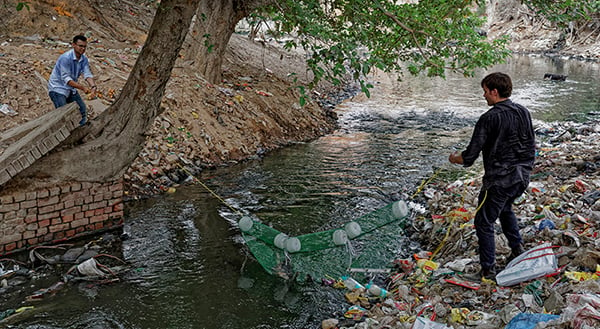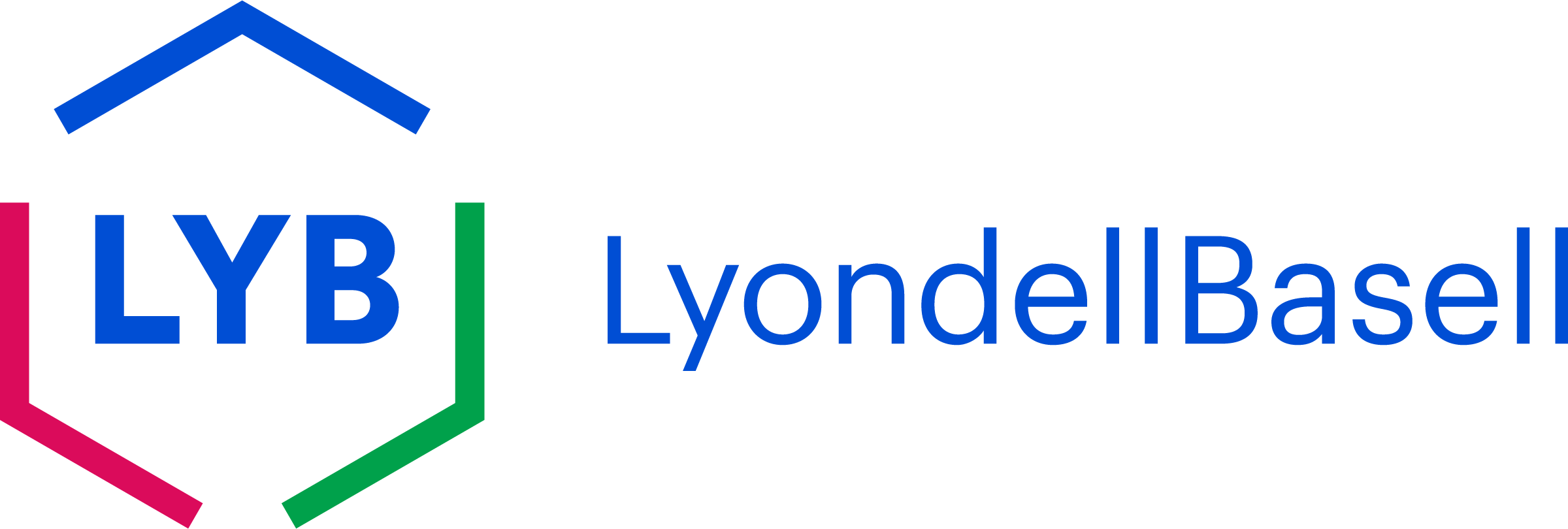Alliance to End Plastic Waste
LyondellBasell is proud to be a founding member of the Alliance to End Plastic Waste (AEPW). The AEPW is the first international coalition of chemical and plastics manufacturers, converters, consumer goods companies, retailers and waste management companies dedicated to partnering with the finance community, government, and environmental and economic development NGOs to find market-based solutions to ending plastic waste in the environment. Its ambition is to prevent millions of metric tons of plastic waste from leaking into the environment.
The 45+ companies in AEPW have committed $1.5 billion through 2023 to develop, accelerate and deploy solutions, catalyze public and private investment, and engage communities to help end plastic waste in the environment.
There is a special focus on supporting waste management infrastructure development in Southeast Asian countries, which account for a significant percentage of the world’s ocean pollution. Two projects highlight these efforts.
Renew Ganga
The Ganges River, which flows through India and Bangladesh, accumulates 544,000 tons of plastic waste annually, all at risk of ending up in the ocean. The AEPW contributes funding, materials, logistics capabilities and technical expertise to the Renew Ganga initiative, which aims to clean up the Ganges in Varanasi, India, in partnership with technology company Renewlogy, and create a circular local economy by collecting low-value plastic waste and converting it into fuel local businesses can use. In 2019, about 50 tons of plastic waste was collected and converted to diesel through the program. The goal for 2020 is 100 tons.
Project Stop, Jembrana
The Ijo Gading River in Jembrana province, Bali, is the island’s largest ocean plastic contributor, accounting for 12% of the province’s ocean plastics leakage. This is attributable to Jembrana’s lack of access to a proper waste management infrastructure. The AEPW is collaborating with Project Stop, which brings together the local Jembrana community and government to develop a sustainable waste system that will provide waste collection to households for the first time while creating new, permanent jobs. The new system will prevent 2,800 tons of plastic waste from leaking into the environment every year. Planning and testing are underway, and the full project is scheduled to launch by the end of 2020. Project Stop hopes to replicate the project across Indonesia and Asia.
For more information go to www.endplasticwaste.org.


